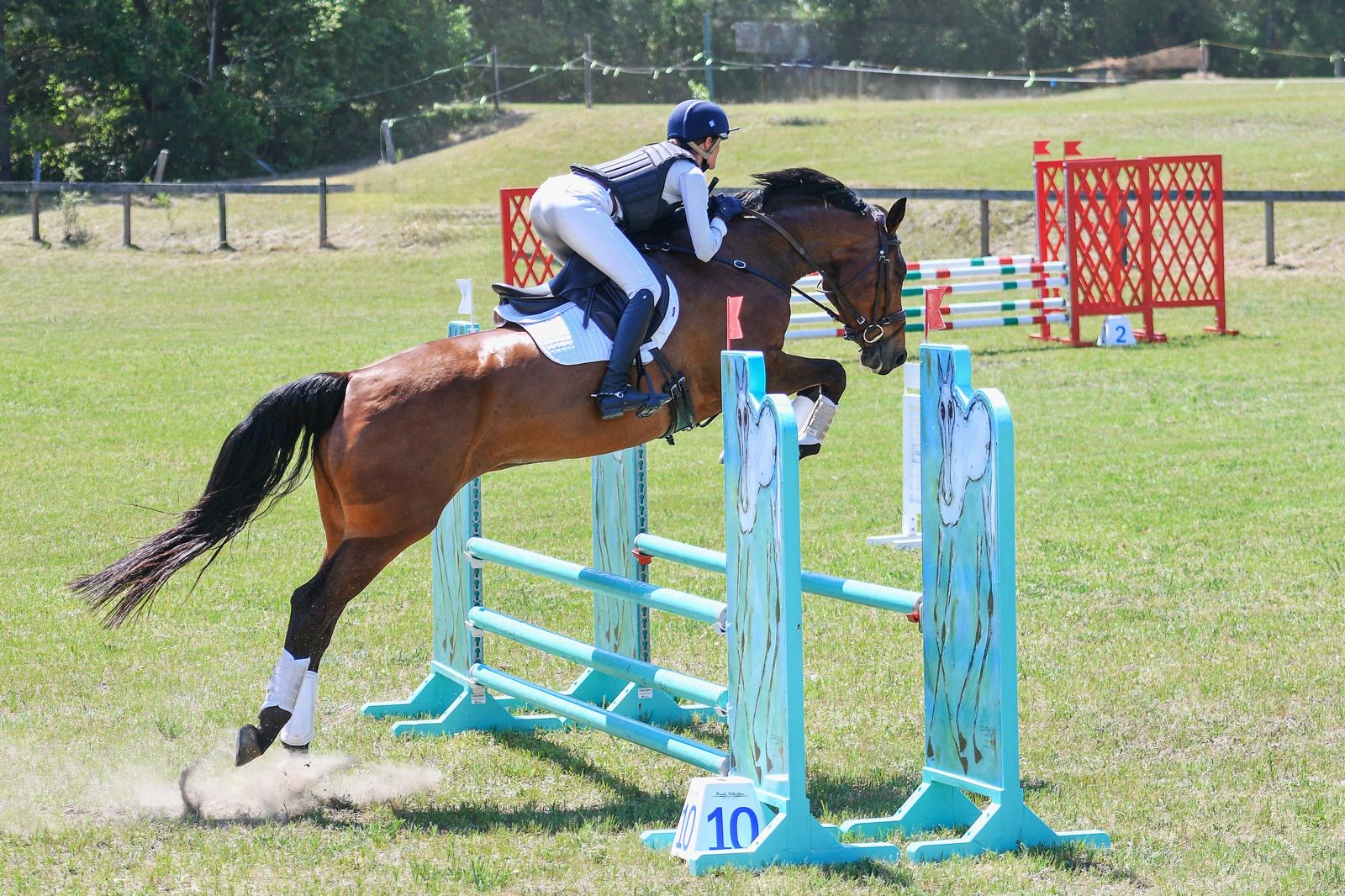As we all know, the working student plays an important role in the eventing community. Working students are arguably the glue that holds the performance sport horse world together. Event riders in particular rely on the skilled and generally very cheap labor of their working students to perform tasks as varied as mucking their stalls to procuring sponsorships and mailing out monthly invoices. Unlike in Great Britain where there is a professional Grooms Association (http://www.britishgrooms.org.uk/) that standardizes the treatment of these invaluable resources, US working students are typically subjected to a vast and varied gamut of living conditions and work expectations that make it difficult for them to give their all. In fact, Eventing professionals have learned how to cash in on one of the greatest arrangements of all time… being paid for the “privilege” of employment. That’s right, instead of paying their working students for their labor, many professionals actually charge for the right to clean their stalls, groom their horses and weed whack their pastures! It is reminiscent of a by gone era when young men were sold by their fathers to work for the local silversmith to learn a trade, and yet those sons still had to pay for this “privilege.”
Working Students for Dummies
I am very excited to introduce Coren as the latest member to join the Eventing Nation team. I met Coren several months ago and I quickly realized that Coren is one of three people on the planet who spends more time online reading about eventing than I do, and Coren’s subsequent email news tips have often left me scratching my head and wondering “how the heck did she find that?” Seriously, I think Coren has emailed me Ukranian eventing news at least twice. Like all of us, Coren has spent time as a working student and decided to base her inaugural Eventing Nation post on her own experiences as a working student and on infamous working student war stories. The next time you hear from Coren she will be posting under her own EN writer account. Thanks for writing this Coren and thank you for reading.
—-
From Coren:
Since most professionals learn their trade by spending years as working students themselves, it only makes sense that they learn not only how to ride horses during this time but also how to treat their own future working students. With only their own experience telling them how to treat/use/employ/abuse their working students this former working student has decided to offer her own “Working Students for Dummies” suggestions (of sorts). The following is a tongue-in-cheek top ten list of tips for all professionals, not-so-professionals, self-labeled professionals and wannabe-professionals.
1. Interview Ahead of Time. Interviewing is the best way to find a suitable working student. Relying on heartfelt e-mail about how much someone loves horses and wants to eat, sleep, breath them for the rest of their young lives is not always the best way to find a new employee. However, please be advised, first, BEFORE the interview, tell your current working student, the one you are replacing, you are interviewing others. This helps to avoid any future awkwardness. Once you have interviewed, you might also want to consider a trial period. There is nothing worse than discovering the person that just gave an amazing interview (to replace your current working student) comes to work only to ask “since these horses were turned out together, do they share the same stall?”
2. Understand Your Working Student’s Goals and Expectations. Before hiring a working student, make sure that they will fit into your program. If you only teach up to preliminary, do not hire a working student whose goal is to go intermediate that year. This situation works well for no one. Even more importantly, if my goal is to improve my flat work, do not wait two months into my time with you to share with me that you in fact do not teach dressage because you do not have the time.
3. Make Your Expectations Clear. I am aware that I am basically your slave. In fact, I am probably pretty excited to be your slave. But that does not excuse you from telling me what you expect from me in this job. Contrary to popular belief, working students are not mind readers. If you tell me to work six days on, one day off, but really meant forty-five days straight, please be upfront.
4. Be Professional. Everyone loves having friends. But I didn’t come to work for you to be your best friend. Your stories are funny. Mine probably are too. But it is important that we treat this as a business situation. Don’t gossip to me about how annoyed you are with working student B and then go gossip to working student B about how annoyed you are with me. But most importantly, remember, if your dad shouldn’t be doing it with his secretary, you definitely shouldn’t be doing it with your working student.
5. Say Thank You. Yes, I am aware that I just ripped off the wool cooler with secret belly straps causing your brand new, super talented, four year old to run manic through the show ground. But, remember, I also just braided twenty horses, cleaned twenty stalls, packed for twenty horses, and had them all on the trailer by 3am. So please, just tell me thank you for what I did do right.
6. Nobody Likes Being Forced to Sleep With Ralph. While you may have your partner of choice to share a drooled on pillow, I do not like drooling with Ralph (the mouse). If you have agreed to give me living accommodations, please make sure they meet some sort of standard. While you may have low standards, I doubt they are low enough to live with Ralph, Ralph II, and Ralph III all the way to Ralph XXV. So, remember, if you can’t bear to live somewhere, I probably can’t either.
7. Personally, I Don’t Like Wearing My Underwear Inside Out, and I Doubt You Do Either. While I understand it is important to “work your way to the top” because that’s how you and everyone else did it, I do appreciate coming to work with underwear that is clean and on in the proper way. Do you like to have your laundry done? Well guess what? So do I! Please, give me a day off. Days off are important to me, and should be to you too. Who wants a crabby working student riding in the brand new Devoucoux with dirty inside out underwear?
8. Be Organized if You Expect Organization. Running an organized business is important to most top professionals. Believe it or not, it is important to most working students as well. But how the heck do you expect us to be organized if you can’t handle very minimal managerial tasks? A basic step to organization is a schedule that allows everyone to follow along with the day and understand what is expected of them. And for goodness sake, if you are running three hours late from your bikini wax, just tell us so we don’t leave your four star horse tacked up for an absurd amount of time.
9. Be Realistic. We are humans as well. Therefore there is only so much you can ask of us at one time. If it is 3am, pouring rain and your working student asks you to stop at a service station because the wind shield wipers are only smearing, her head is out the window to see the back of your trailer when turning, she has your dog, two small children, and top two competition horses in your two horse tag along that does not have stabilization bars, please pull over, feed her, let her go to the bathroom, and sure as heck don’t berate her or accuse her of being cranky and having a bad attitude.
10. Give Feedback. Refer back to number three. I am NOT a mind reader. If you like the way I am doing something, don’t be afraid to tell me. Everyone likes to have their confidence boosted. But more importantly, please don’t let me find out from three other working students that you hate the way I tack up your horse even though you pretend to my face that I do an outstanding job. I don’t mind being wrong and making mistakes (isn’t that how we learn?) but if you have a problem give me constructive feedback, don’t just expect me to “figure it out.”
Subscribe
Login
Please login to comment
0 Comments





















